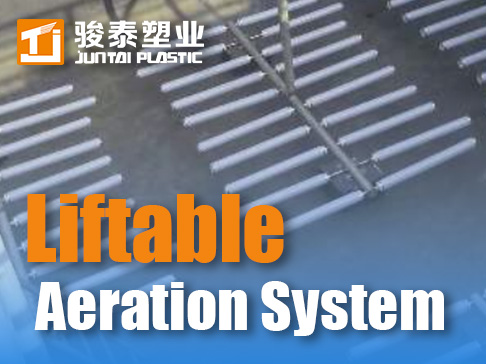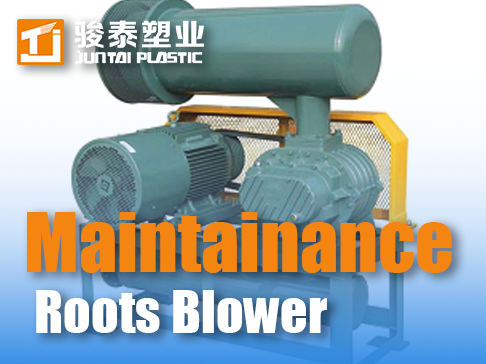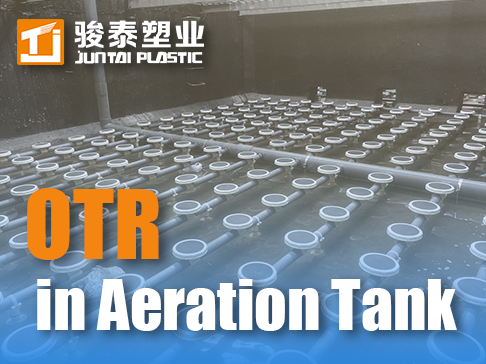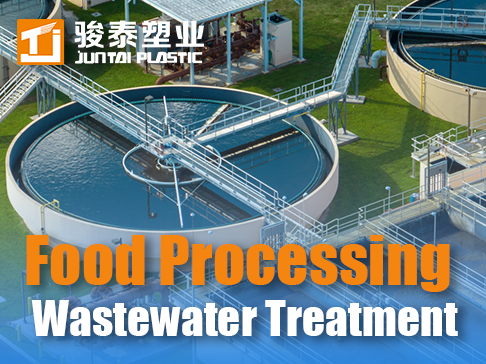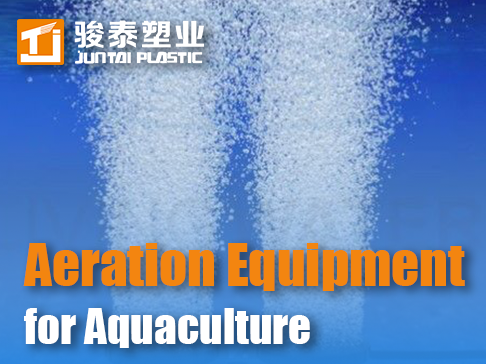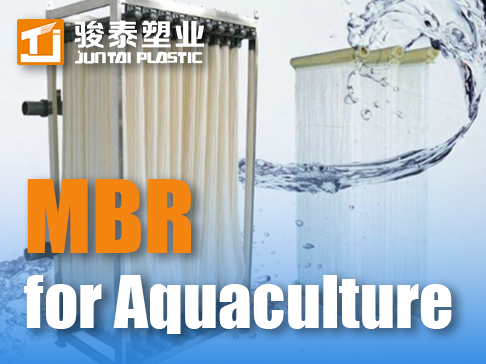 +86 13600513715
+86 13600513715 The Greatest Benefit of Aquaponics: A Sustainable Future for Agriculture
The Greatest Benefit of Aquaponics: A Sustainable Future for Agriculture
Aquaponics is an integrated farming system that combines aquaculture (fish farming) with hydroponics (soilless plant cultivation). It creates a symbiotic ecosystem where fish and plants mutually benefit each other, maximizing resource efficiency while minimizing environmental impact. So, what is the greatest advantage of aquaponics? The answer lies in its sustainability, resource efficiency, and eco-friendliness.
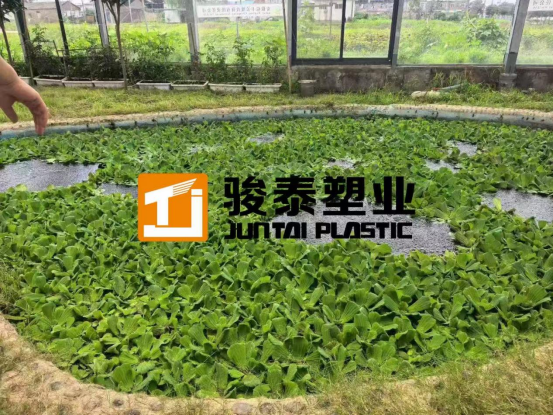
1. Highly Efficient Water Usage
Traditional agriculture consumes vast amounts of water, whereas aquaponics recirculates over 90% of its water. Fish waste, broken down by beneficial bacteria, provides essential nutrients for plants. The plants, in turn, filter and purify the water, which is then returned to the fish tanks. This closed-loop system drastically reduces freshwater consumption, making it ideal for arid regions.
2. Chemical-Free Farming for Healthier Food
Aquaponics relies on natural ecological processes, eliminating the need for synthetic fertilizers or pesticides. Fish waste serves as organic plant nutrition, while the plants naturally cleanse the water. As a result, the harvested vegetables and fish are free from harmful residues, meeting the growing demand for organic produce.
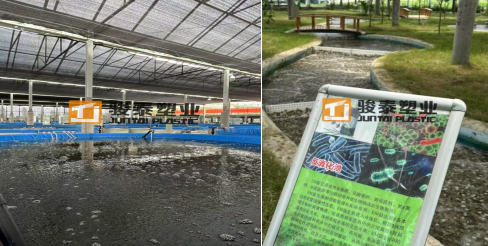
3. Space-Efficient & Ideal for Urban Farming
Aquaponics systems can be designed vertically, maximizing yield in limited spaces. Whether on rooftops, balconies, or indoors, they enable urban dwellers to grow fresh food locally, reducing reliance on long-distance food transportation and lowering carbon footprints.
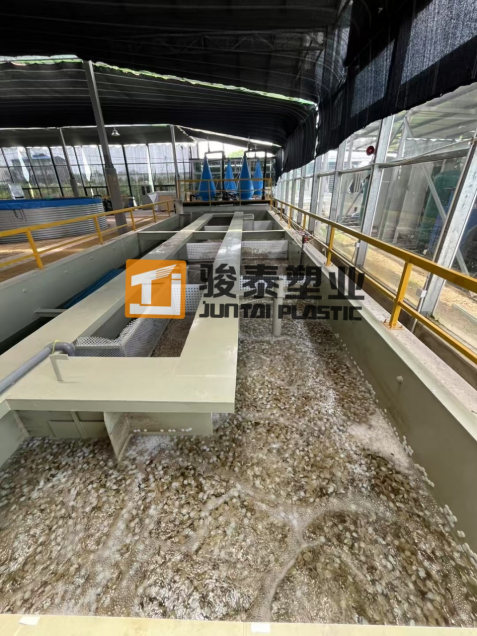
4. Minimized Environmental Pollution & Ecological Sustainability
Traditional aquaculture often leads to water eutrophication due to waste discharge, but aquaponics prevents this by using plants to absorb excess nutrients. Additionally, since no soil is required, it avoids land degradation and chemical runoff, making it an environmentally sustainable farming method.
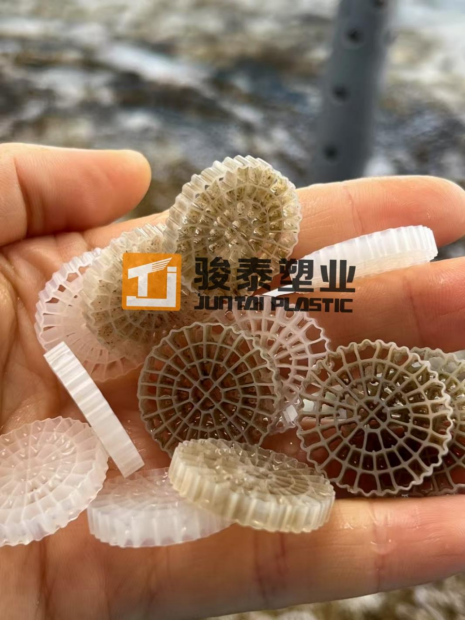
5. High Economic Returns & Lower Long-Term Costs
Although initial setup costs may be higher, aquaponics operates with minimal ongoing expenses. It reduces dependency on water, fertilizers, and pesticides while producing both fish and vegetables, increasing revenue per unit area. This makes it viable for both commercial farms and small-scale family operations.
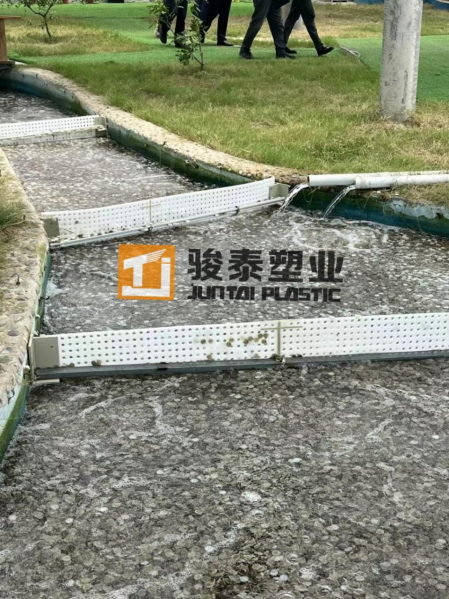
Conclusion: Aquaponics as the Future of Farming
The greatest benefit of aquaponics lies in its ability to provide a sustainable, efficient, and eco-friendly agricultural solution. Whether addressing water scarcity, reducing chemical pollution, or promoting urban farming and organic food production, aquaponics demonstrates immense potential. With advancing technology, it could become a key contributor to global food security and ecological balance.
(Juntai always here, For further discussion on specific techniques or case studies, feel free to engage!)





